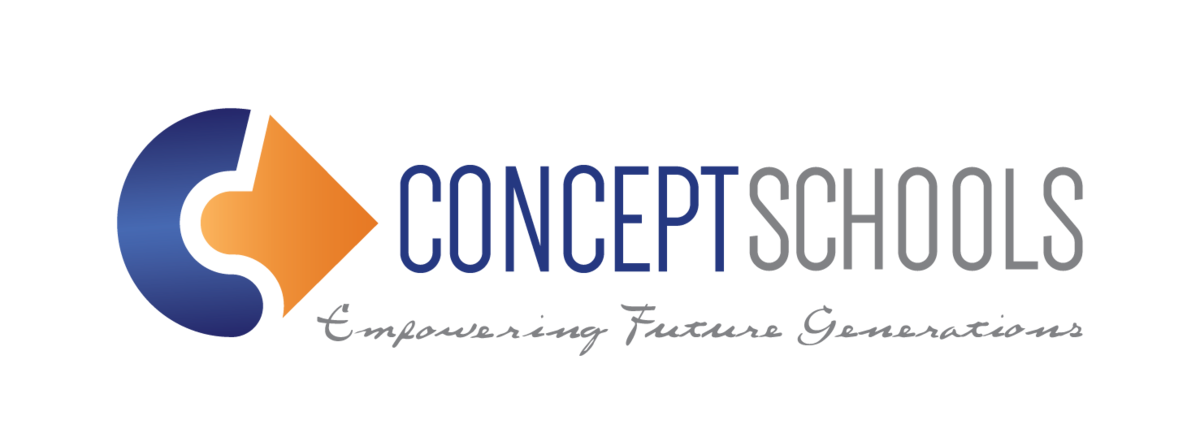Educational Model

| The Concept Schools Academic Department is composed of career educators that guide K-12 programming, teaching, learning, and assessment. | |
|
CURRICULUM
Concept Schools is dedicated to providing historically underserved communities with a rigorous education focused on science, technology, and math. The K-12 curriculum is designed to ensure proficiency on state standards and a 100% graduation rate and acceptance into college.
Concept implements a standards-based, college-preparatory curriculum giving the staff flexibility to adapt instructional strategies in order to meet the learning and behavioral needs of each student. Curriculum maps and unit plans aligned with state learning standards provide the framework for success.
|
INSTRUCTIONAL STRATEGIES
Rather than adhering to a single teaching philosophy or instructional model, instructional practices draw upon best practices from the field and research. Concept teachers utilize a unique mix of research-based instructional strategies including:
|
| MULTI-TIERED SYSTEMS OF SUPPORT
Multi-Tiered Systems of Support (MTSS) is an instructional protocol in which staff members systematically assess, monitor, and support the academic and behavioral growth of all students.
Response to Intervention (RTI) is a process by which academic goals of students who are not meeting academic goals with typical support from the classroom teacher are identified, supported with targeted interventions, and progress monitored. Positive Behavior Interventions and Supports (PBIS) is a school-wide approach to teaching positive behaviors that are regularly reinforced.
The type, frequency, and intensity of academic and behavior interventions vary based on student needs.
|
ASSESSMENT OF/FOR LEARNING Concept implements a combination of diagnostic, authentic, state-mandated standardized tests, and nationally recognized norm-referenced assessments to compare students’ progress over time with the school’s goals. These assessments include:
Concept teachers are trained to analyze assessment data and develop specific strategies to address students’ learning needs. |
| INCLUSIVE SUPPORT
All Concept network schools are non-selective public charter schools, and regardless of the academic, behavioral, or language service support a student may require, all students are encouraged to enroll.
In accordance with the Individuals with Disabilities Education Act (IDEA) and state law, students with disabilities are supported in a supportive culture of collaboration to employ best practices, promote success, and close the achievement gap in their least restrictive environment.
While some students may be supported with an Individualized Education Program, other students may be supported through a 504 Plan. In accordance with Section 504 of the Rehabilitation Act, the 504 Plan provides equal access to education for students with disabilities.
Students with limited proficiency in English achieve proficiency in the English language through the use of the school’s services and teaching methods. We ensure that ELL (English Language Learner) students will not be excluded from curricular and extracurricular activities due to their language barrier.
|
DIVERSITY & EQUITY The majority of Concept network schools are located in historically underserved and under-resourced communities. Embracing diversity and equity is at the heart of Concept's success.
A network-wide Equity Committee ensures schools create and implement an equity plan based on school needs that serve students and families at high levels. Equity plans encourage collaboration between teachers, staff, and school leaders in professional learning, curriculum development, and community engagement.
Concept's goals are to create a network that grants equal access to all students and supports teaching and learning in ways the school community can realize its full potential and live its authentic selves.
Recognizing and embracing the full vision of equity is acknowledged for its complexity in practice and is essential for generations to come. |